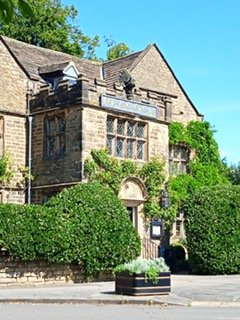The Heritage Walk
Rosemary is walking for Restored, a Christian charity dedicated to supporting victims and survivors of domestic abuse and educating churches on how to support them.
To support Rosemary, go to restored-uk.org/heritagewalk
She’s walking from Shardlow where the Derwent meets the Trent to the source of the Derwent at Ladybower Reservoir, then she’ll be following the Chesterfield Canal from Chesterfield to West Stockwith where it feeds into the Trent.
That’s a 101 mile walk in heritage-rich Derbyshire and Nottinghamshire.
According to the journey that these thoughts have followed, we can summarise that God's intention was for human beings, male and female, to be equal. Not equal in value but with different (unequal) roles. Equal.
That's why Genesis 1 includes the fact that God made both man and woman in his image and gave them both together the job of caring for creation and procreating. It's not the man's job to go to work and the woman to stay home and raise children, but both have equal responsibility for both tasks.
That's also why Genesis 2 defies the cultural practice of absorbing the woman as property into the man's family, taking on a lowered status than his blood relatives, by stating that the man will leave his family and with the woman become a new unit. That was - and in some places, still is - utterly counter-cultural.
Throughout the Old Testament we see unfolding the consequences for women of Genesis 3 through some truly horrific accounts with occasional glimpses of women who defied patriarchy.
Then enters Jesus who solidly challenged the status quo. From start to finish - from cradle to grave - from the Incarnation to the Resurrection - Jesus reinstated women to their rightful place and this was continued by the first disciples. Christ came to undo Genesis 3 and reclaim Eden.That includes equality of the sexes.
The Church's heritage should stem from Jesus, not church leaders from the 2nd century onwards and certainly not from pagan philosophers. The Church's heritage is one of equality and reconciliation and the Church's task is to model this as God brings his Kingdom - Eden regained - to his world.
This is our heritage.
Day 9 - Tuesday Aug 30, 2022. 15m Retford - West Stockwith
For our final day, I thought I'd mull over something that doesn't get discussed much when thinking of 'heritage' and that's beauty.
So much of our engagement with heritage is on the level of marveling at the engineering or at the hideous side of our heritage, which I've deliberately avoided (except a passing reference to child employment).
On Day 7 I presented the question of 'what are we doing with our heritage?' and with that, the photos were pretty grim. But most of what I've presented have been photos of beauty.
I've been impressed at the beauty I've seen along this walk. Of the peaceful, airiness and the proportions of Derby Cathedral that lift the spirit; the graceful curve of the weir at Bulmer, where, while harnessing the power of water, the engineers still kept it beautiful, and even a humble water pumping station near Misterton was endowed with beauty.
Then I've seen beauty in the nature which is our heritage; from the dragonfly and mushroom, to the multiple layers of greens and textures, to reflections, the soaring buzzards and precious the little moorhen chick.
And I've also seen beauty in humans. In the openness of strangers to ask us if we were lost and point us on our way - or even take us there; to the welcome and encouragement of the Dean of Derby Cathedral, Peter Robinson and of Daniel Txi who went to the trouble of coming to meet us. I've seen beauty in the care shown to a wheelchair user and in the willingness of dog owners to let me indulge my dog-craziness.
I've seen beauty in the patience and generosity of my sister.
We are surrounded by beauty.
It's our heritage.
What are we going to do with it?

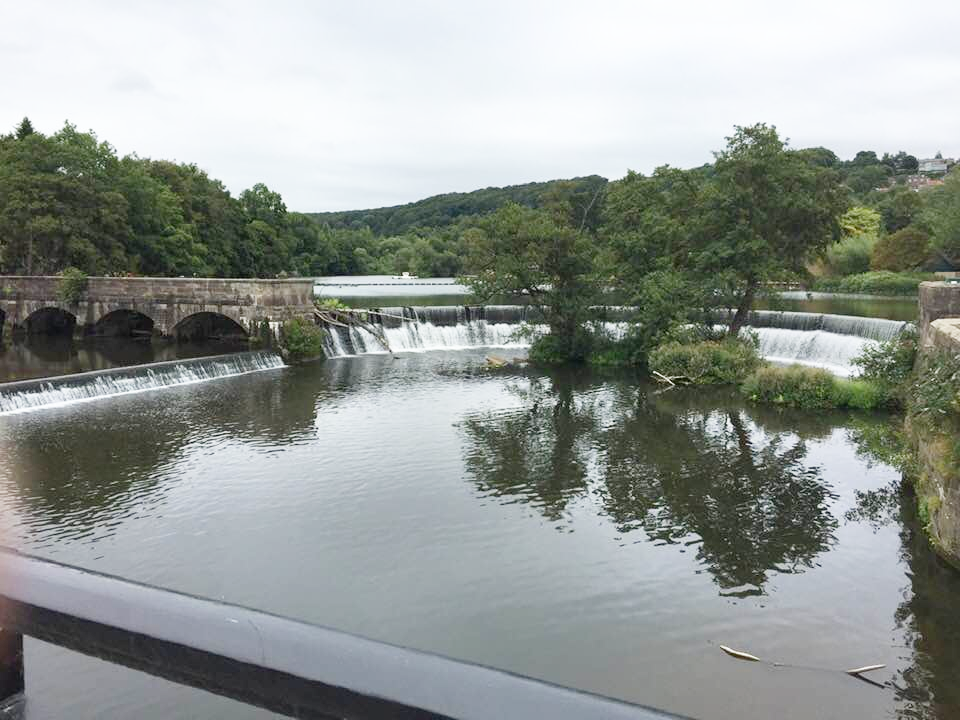

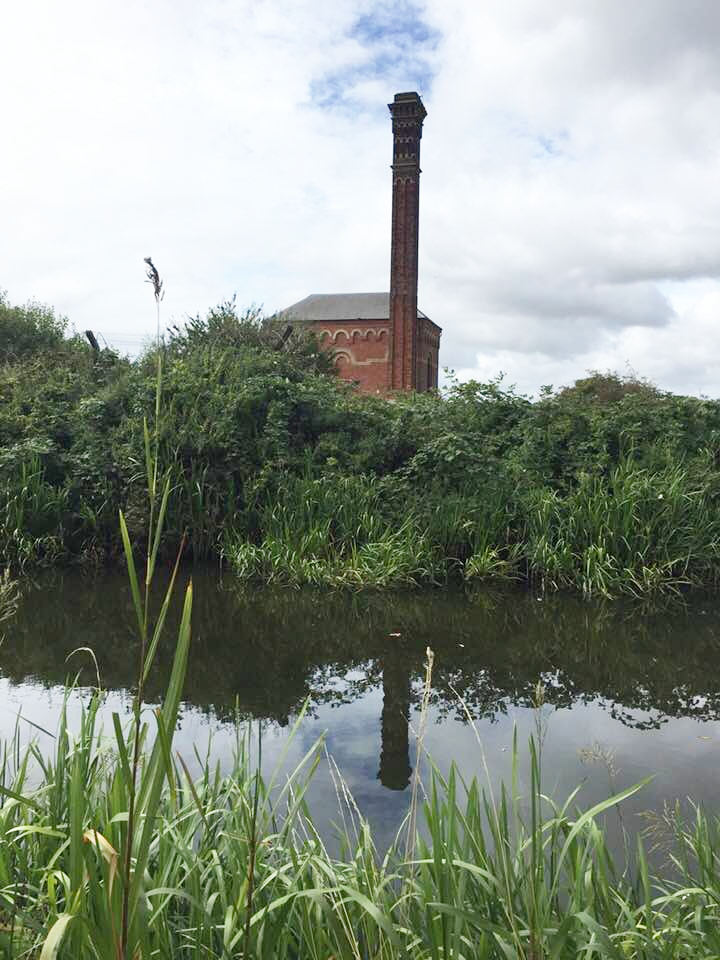
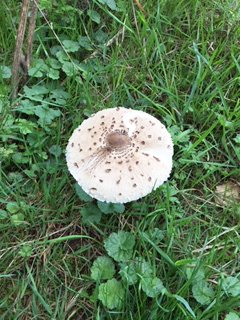

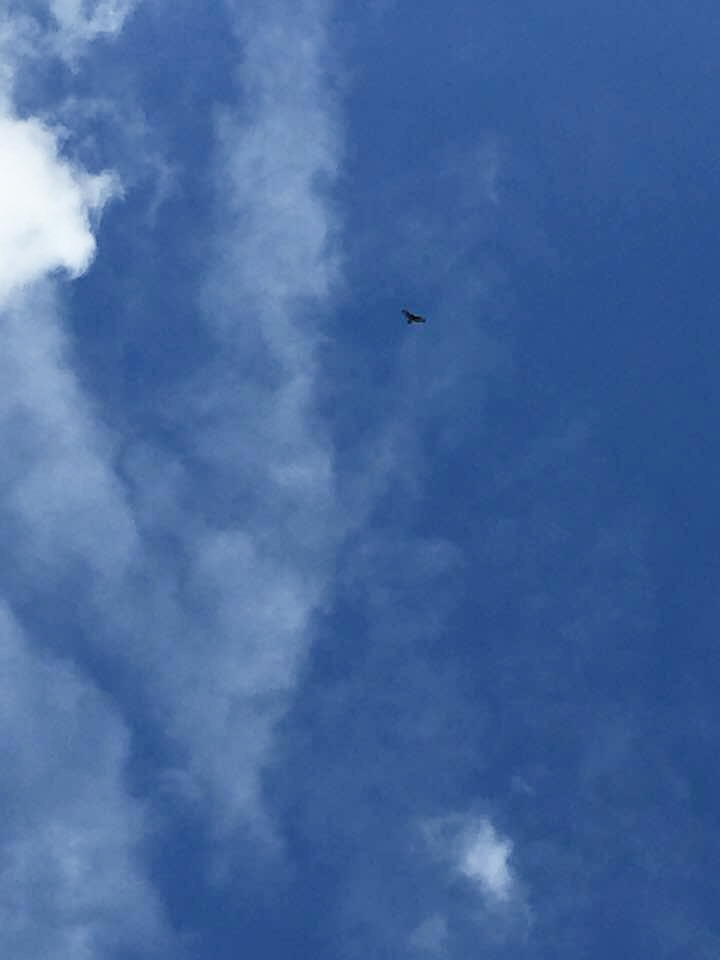

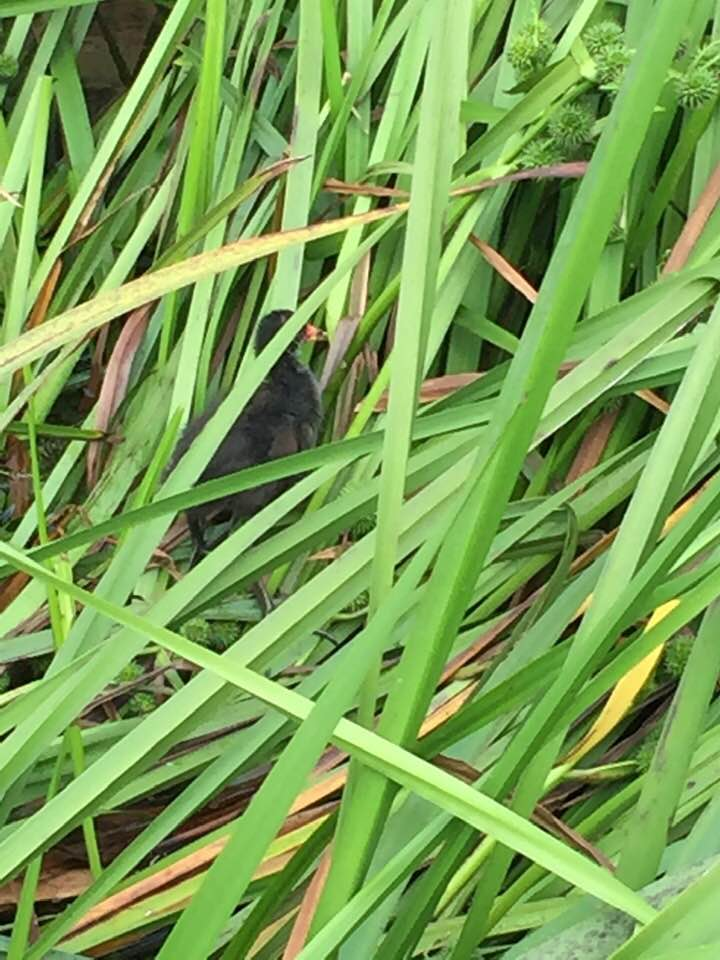
If Jesus was so counter-cultural as to elevate women to the same standing as men, and if his disciples followed him and did likewise, how come there is such misogyny from the 2nd century onwards in the writing of the great and the good Church leaders and theologians? The answer to this dawned on me very slowly.
For me, it started with Augustine when I read something he'd written and at the same time happened upon writings of Plato and Aristotle. I thought I noticed a similarity.
I then went backwards in Church history, sniffing out bits and bobs from other Church Fathers and found the same kind of material. I started wondering if there was a connection.
Then, to my horror, I discovered that many, if not all, those considered 'Church Fathers', were admirers of these Pagan philosophers!
I was, and still am, horrified.
Plato and Aristotle may have had some interesting ideas, and Church leaders might admire some of their intellectual prowess, but what should never happen is for Christian theology to draw on them and use their ideas to form Church practice. What seems to have happened is that from the death of the last of Jesus' first-generation disciples, there came a reversion to pagan attitudes towards women and this has almost never shifted, to the serious detriment of millions of women. There have been occasional breaths of fresh air coming from those mentioned in Days 5 and 6. It also seems that at the beginning of the 20th Century there was a move away from Patriarchy in the Church. Then came the '70's with the Feminist movement. What seems to have happened is that some quaters of the Church reacted (rightly) to extreme Feminism by (wrongly) heavily reinforcing Patriatchy - called 'Complimentarianism' in God-speak.
And so, we have in many of our churches a misunderstanding of the teachings of Jesus and his disciples along with entrenched Pagan misogyny that maintains inequality, providing a sense of entitlement among men which forms the background for domestic abuse. That's our heritage!
The question is, what's to be done about it?
Come back for final thoughts tomorrow......
Day 8 - Monday Aug 29, 2022. 17.5m Kiverton - Retford.
A cooler day today, so it should have been easier going. Unexpectedly, we had a bit of rain; nothing dreadful. But today was hard work. Having walked 72 miles, I then embark on a day of 15 miles. So of course I'm tired! But today I felt it. As it turns out, I seem to have walked 17.5 miles today. The last 5 miles were really hard going. I was desperate for the end. Every corner I turned, every lock or bridge I came upon, I was sure it was going to be the last........and yet, on it went!
Fortunately, there were lovely things along the way. Beautiful properties, gorgeous reflections in the water, interesting scenes of layers of colour, and wildlife - a moorhen chick and mum, herons and kingfishers. (I couldn't catch a photo of the kingfisher but it flew along the canal for a long time - in kingfisher terms.)
As for heritage, this canal was the last to be constructed under the guidance of James Brindley who was responsible for creating the national network of canals. It dates back to 1771. There's a tunnel on this canal called the Norwood Tunnel which, at that time, was a masterful feat of engineering. But the canal is famous for its connection with the Houses of Parliament. In the 1840s the Houses of Parliament were burnt down. The stone to rebuild them came from a quarry near this canal and was transported down it, onto the River Trent, then the Humber, then down the coast to the Thames. That was the easy route!
Canal boats were pulled by ponies. Sturdy little things. One of today's photos shows some stones with grooves in them. They were made by the ropes that were attached to the ponies pulling the narrow boats. Over time, the rubbing of the ropes against the stone created the groves.
Little things make up heritage as well as big things. The building of Norwood Tunnel will seem quaint to us, but each achievement in engineering made the next one possible until we arrive at today. Therefore, when I have heard friends claiming that the Industrial Revolution should never have happened, I wonder if they'd be prepared to give up their cars and mobile phones. These are only possible because of the generations of achievements that have gone before.
The little marks in the stones may mean nothing to us, but they are reminders of the lives (animal lives) that trod the canal paths so long ago and all the associations that go with them.
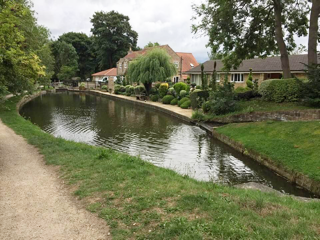
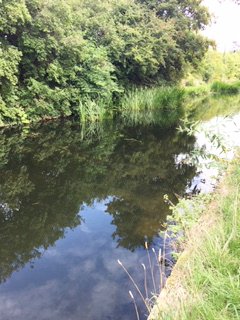
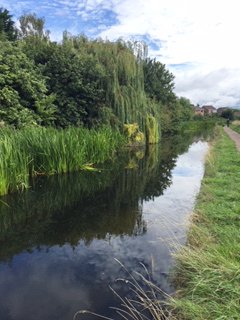

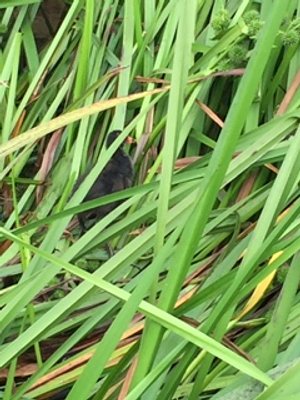
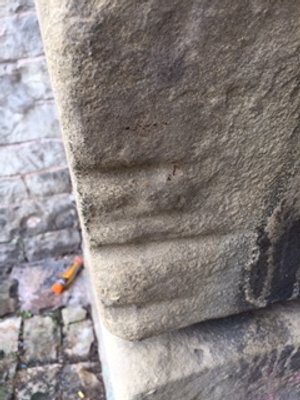
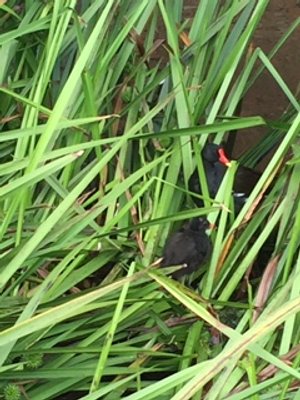
In thinking about the heritage within Christianity of inequality that breeds entitlement that fosters domestic abuse, we've come to the disciples of Jesus.
Were they misogynists?
The Apostle Paul is hated among many Christians because of his writings about women, and rightly so, if he actually said what he's accused of saying. However, just to give a window into a different way of understanding Paul, we need to remember to take his writings in totality, not just cherry-pick individual bits. His overall message and practice is one of equality. He lists women who were co-workers, deacons and - possibly - an apostle. He instructs that women were to be allowed to learn alongside the men and that they were to pray and prophesy publicly. He consistently refers to Priscilla first, then Aquilla, indicating who was the leader of the two. He applauds Lydia who led a church in her home. He teaches mutuality in 'submission' (ie. giving way; allowing space; considering the other) and teaches that both Adam and Eve were responsible for the Fall. Within that context, the passages that seem to contradict (and they don't!) need to be understood. Similarly, Peter's writings need to be understood within the context of what he was saying, but time and space don't allow us to unpack everything here.
I am confident that the heritage we receive from Jesus and his disciples is one of equality and mutuality. Christiainity is 100% counter-cultural and that includes throwing out patriarchy. So. Where did this patriarchy come from that we find in the writings of the Church Fathers from the 2nd Century onwards?
Well, come back tomorrow!
Day 7 - Sunday Aug 28, 2022. 14.7m Chesterfield - Kiverton
It’s been another lovely day. A bit too lovely! Walking miles in unshaded sunshine becomes hard work after a while. Fortunately, there was enough tree cover to give us cooling stretches as well.
We’ve walked the bit of the canal that is the least wonderful bit. In the 1970s some of the canal was built over (!) while some of it is blocked off. There are lengths of the canal that are not visible and some that are not navigable.
The photos show the canal blocked by a stone wall; one looks like wasteland ( through the rusty, iron bars) while some show it blocked with barriers and overgrown. Then, one photo shows litter and pollution.
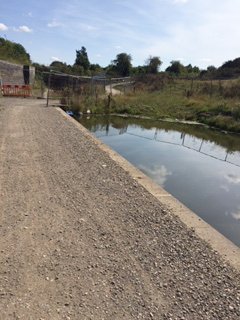
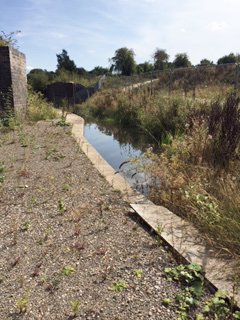
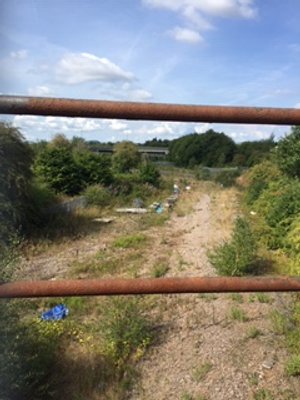
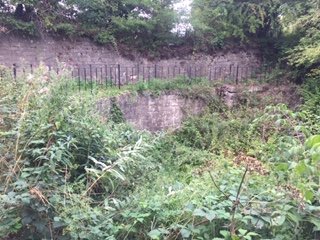

So, on the theme of ‘heritage’ this is the point at which I raise the question ‘what are we doing with our heritage?’
The politics and economics of the ‘70s led people to have no regard for the canal. Now however, there is work underway to restore as much of it as possible.
How should we feel about this?
How do we navigate the complexities of our heritage? How do we decide what’s worth keeping, what’s worth changing and what should be ditched?
And as with the canal in the ‘70s, will we, 50 years from now need to recover what we’re currently ignoring or destroying?
Picking up yesterday’s final question: were Jesus and his disciples misogynists? Did they uphold inequality between the sexes?
Starting with Jesus, why would people think the answer is ‘yes’?
Some may point to his conversation with the syrophoenician woman. Did he call her a dog?? (Mark 7:24-30) Some will point to his calling male disciples only. But that’s not true. He had a load of women disciples.
Every encounter Jesus had with women lifted them up to equality with men and challenged the status quo - namely, patriarchy. This runs from giving a woman the honour of giving birth to him, to a woman being the first preacher/evangelist to the Samaritans (the woman at the well. John 4), to giving women the job of breaking the news of the resurrection to men who wouldn’t listen.
The examples are endless. Jesus was totally counter-cultural and that includes his attitude towards women. For Christians, it’s Jesus’ teaching and practice that is our heritage.
So, what about his disciples? Did they follow in his footsteps on this subject?
Come back tomorrow for some thoughts.
Day 6 - Saturday Aug 27, 2022. 13m Baslow to Ladybower Reservoir
Fabulous day! Perfect walking weather. Easy terrain so that I could get up and maintain a good speed, covering the miles in cracking time. Miles of path beside the river under a cool, green canopy. And I even stopped to talk to lots of dogs and a few lovely humans!
The Peacock (right). The date above the door reads 1652.
We sat on a bench opposite eating our lunch and I fell to wondering what else happened in 1652.
This was during Cromwell’s time so we have the Roundheads and Cavaliers battling things out. The Act of Union (passed in 1651) began to be put into practice. This effectively dissolved the Scottish parliament but guaranteed 30 places in the English parliament for Scotland.
One legacy from this era seems to be the fierce rivalry between the Newcastle and Sunderland football supporters.

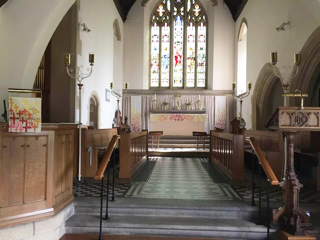

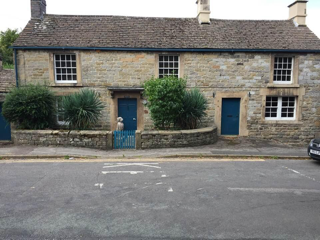

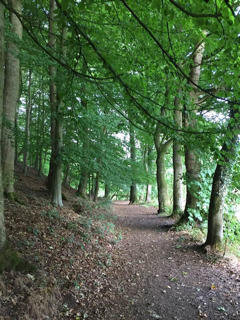

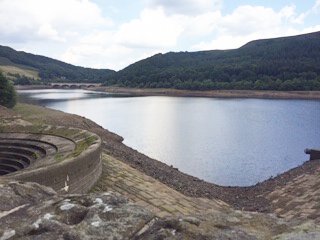
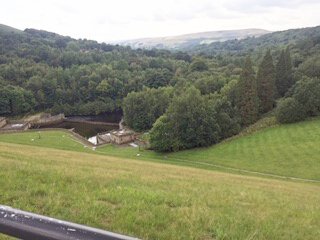
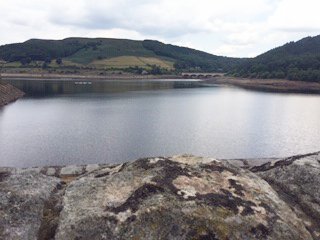
Apparently, Charles 1 had given special coal trade rights to Newcastle, jeopardising Sunderland’s coal trade. This set the scene for the two cities to be on opposite sides during the Civil War.
As with the Montagues and Capulats, Newcastle and Sunderland have forgotten why they hate each other but just continue the rivalry, to the extent that serious violence can erupt at football matches.
1652 was a leap year and saw a total lunar eclipse.
It was also the year that Cromwell ended Presbyterianism as the state denomination in Scotland and it was a formative year in the establishment of the Quakers.
And, Rhode Island declared slavery illegal - WAY before anyone else!
So. Look at all the bits of our heritage that sprung up in the same year The Peacock was built!
Following on from yesterday... The Quakers from their inception taught the equality of men and women. Ahead of the times!
I promised that today I’d mention where the Church has maintained inequality.....and inequality is behind domestic abuse.....
Time does not allow for much, so, briefly: Present-day inequality in the Church is being upheld to a large extent by a swath of theologians who teach something called ‘complimentarianism’ which maintains that while men and women are equal in value we have different roles - namely, that women are to sit down and shut up, have babies and clean the house. That, apparently, is classed as ‘equal’!
Going back in history, we find a plethora of great theologians who, for all the wonderful things they did for the Church had pretty sick views of women which have done massive harm to millions. Among them are Luther, Augustine, Tertullian and Iranaeus. Go and google what they said!
That takes us back to the 2nd century, the generation that followed the last of Jesus’ disciples.
It’s because of this that Christianity - I think justifiably - is accused of misogyny and this is part of the heritage we’re dealing with when addressing domestic abuse in the Church.
The really important question then is, were Jesus and his disciples misogynists?
I’ll attempt to dip into this tomorrow.
Day 5 - Friday August 26, 2022. 11m Matlock to Baslow
Today has been lovely. We’ve had sunshine but not too hot. Much of the walking has been along the wooded riverbank. We’ve also had the delight of walking through the Chatsworth grounds with a view of Chatsworth House.
We’ve seen some old steam trains, a vintage car and a couple of buzzards circling above us.
As for heritage....
Well, an obvious one today is Sir Richard Arkwright (1732-92) who revolutionised spinning and who owned Chatsworth House and estate. His inventions were crucial to the progress of industrialisation as textiles were central to the English economy.
Many of England’s cities were born out of the boom in textiles. That’s part of our heritage.
Chatsworth House and many such places are also part of our heritage. They are beautiful and perhaps it’s a great blessing that many of us can now enjoy the art of these places.
But, of course, there are negative things to be aware of. Arkwright, along with many others of his time employed children as young as six to work 13 hours a day in his factories. But fortunately, some people realised the horrors of this and some, notably Lord Shaftesbury, fought and won for laws against child employment. Such laws of compassion and mercy are also part of our heritage.
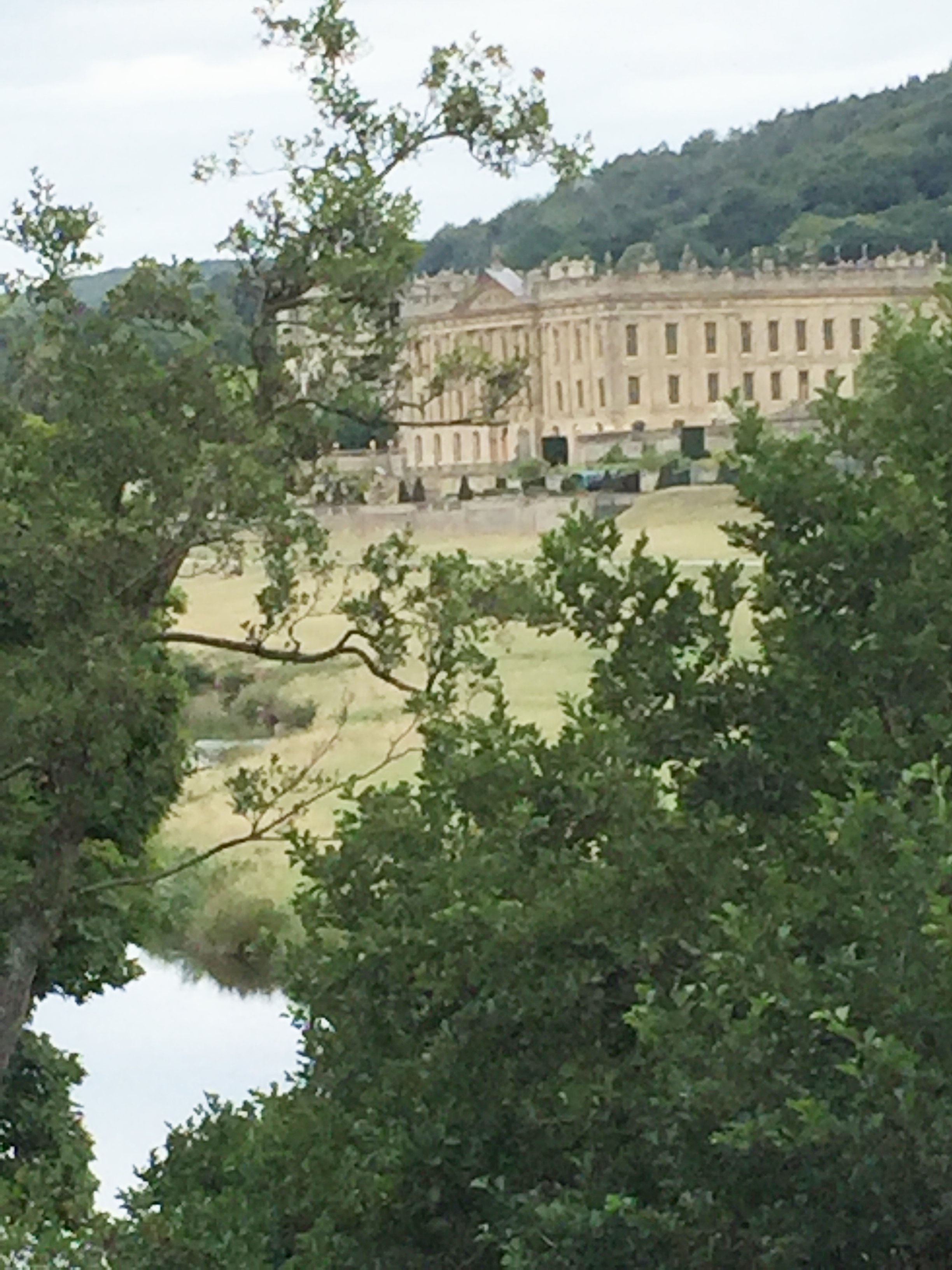
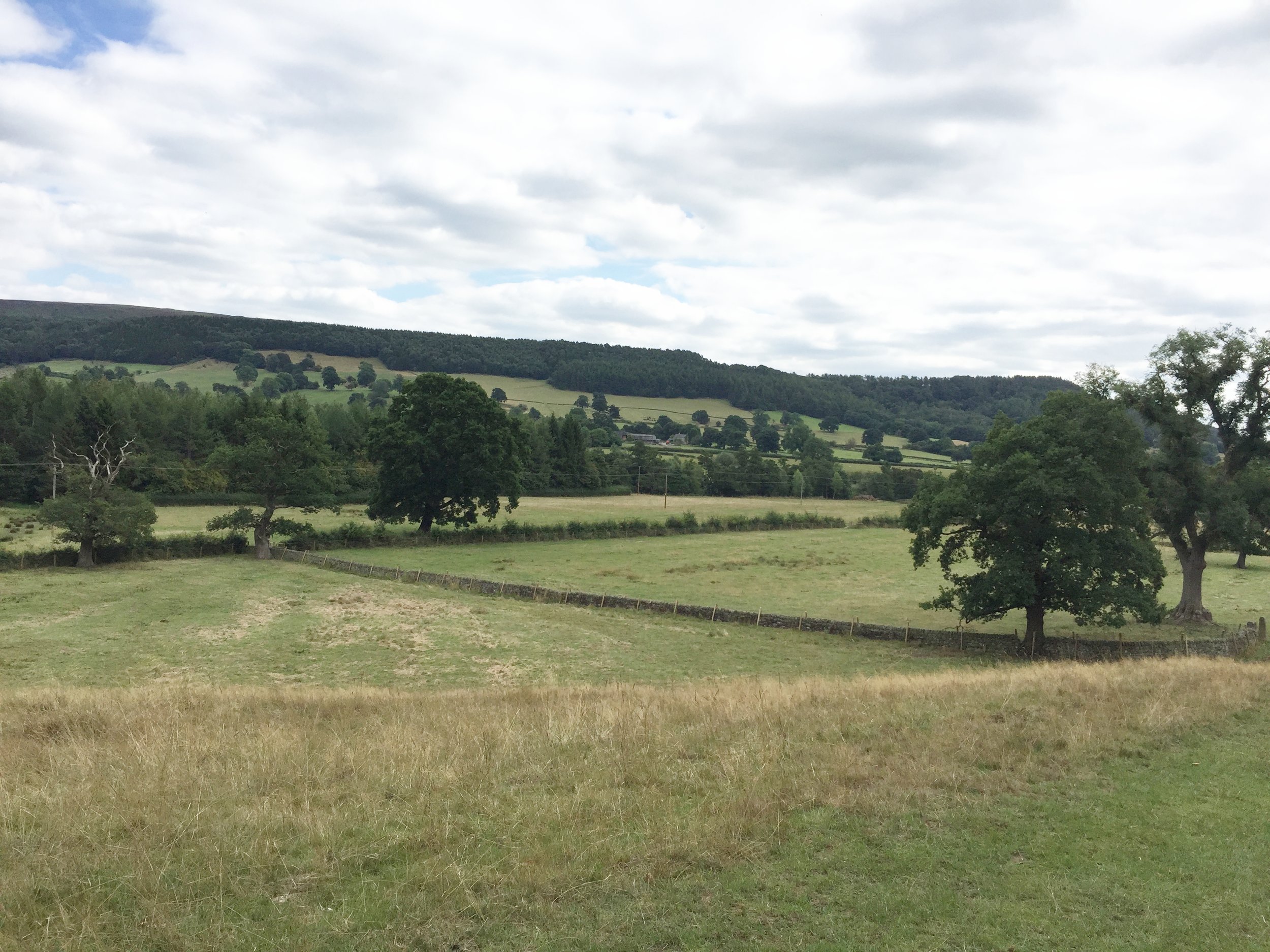

Yesterday I said we’d spend a bit of time today on the role the Church has played in the equally battle that began in Genesis 3.
Overall, the Church doesn’t seem to have a great track record, but some of the good stuff I’m aware of is that some branches of Christianity have a tradition of equality. The Methodist Church has a reputation for equality; certainly John Wesley taught equality. The United Reformed Church and the Salvation Army, similarly. Then there’s the Girl Guiding movement, originally Christian, started to enable girls to develop the same skills and qualities that boys were learning in Scouts.
Then there’s Celtic Christianity. This was the original Christianity brought over from Ireland by Patrick or his students. It’s a Christianity that is finely in tune with the natural world and practiced equality. Tomorrow, I’ll touch on bits of the negative track record of the Church.
Day 4 - Thursday Aug 25, 2022. Rest day at Matlock
Unexpected rest day.
We were parked at our starting point about to get kitted up for today’s walk when the heavens opened.
I mean, in Geordie, it was stotting down!
Now.
We’re not afraid of rain. We’re not afraid of walking a whole day in rain. But today the rain was so heavy we couldn’t get our waterproofs on without getting soaked.
So we sat in the car and waited for it to pass....
....until we’d waited so long that we didn’t have time to do the walk and get to our hotel for dinner.....
Fortunately, due to excellent planning (ahem) we had a day’s rest scheduled for Saturday, so we brought it forward to today.
We’ve had a lazy day just chilling; we’ve chilled in a cafe, on a bench in the rain and in the hotel.
We’ve experienced some more kindness too.
The parking at our planned end point was at a sports field car park. On arrival we discovered it was members only. I found a staff member and explained that we needed somewhere to park and why. He kindly said they’d turn a blind eye. I offered to pay but he declined. All the staff were wonderfully welcoming. So, if you’re ever passing through Baslow, pop into the Pavilion Cafe at Baslow sports field and enjoy a cuppa and a piece of cake. They’ve said we can park there tomorrow too, seeing we’ve had to change our plans.
Little bits of kindness make a big difference.
Yesterday I ended with the question ‘why is inequality so tenacious?’ There are multiple layers to this question and a complexity of answers, most of which can’t be explored here.
However, it’s my opinion that our heritage of inequality is not the result of the heritage of the Industrial era. The inequality then was already ingrained but thankfully, awareness and action led to homes for ‘battered wives’ being opened and the suffrage movements. So, at what point did inequality become ingrained? Well, we can trace it all through human history, but how did it start?
I don’t think evolution gives an adequate answer, but I think the Bible offers one!
Genesis 3 (go and read it, and chapters 1&2 while you’re there, and you can google it if you don’t have a Bible) offers a picture of something that happened that created a haemorrhaging of relationships; the relationship between humans and our Maker was ruptured which precipitated ruined relationships between ourselves and our environment, between each other and even our relationship with ourselves.
God never cursed humanity but predicted that the expression of this ruin for the woman would be inequality (v16 ‘he shall rule over you’).
So, what’s to be done about it? Is there a remedy or are we fated with this forever?
Come back tomorrow and I’ll start to look at the Church’s role in this and some more thoughts from the Bible......
Day 3 - Wednesday Aug 24, 2022. 11m Belper to Matlock
Today has been a better day. The weather was less oppressive, perhaps slightly cooler and we had some clear skies and sunshine. The walking was easier too. Almost all of the way we stayed close to the Derwent, so we were in the valley with very few climbs.
One interesting thing was that alongside the river ran the railway line, a canal and the A6; a reminder of the importance of transport to our heritage.
When Industrialisation kicked off the need for transport became apparent. The road system - the turnpikes - was awful - so the obvious thing to do was to build canals to transport raw materials and products. Hence the massive network of canals around the industrial parts of the country. But then the steam train was invented and the canals lost their importance.
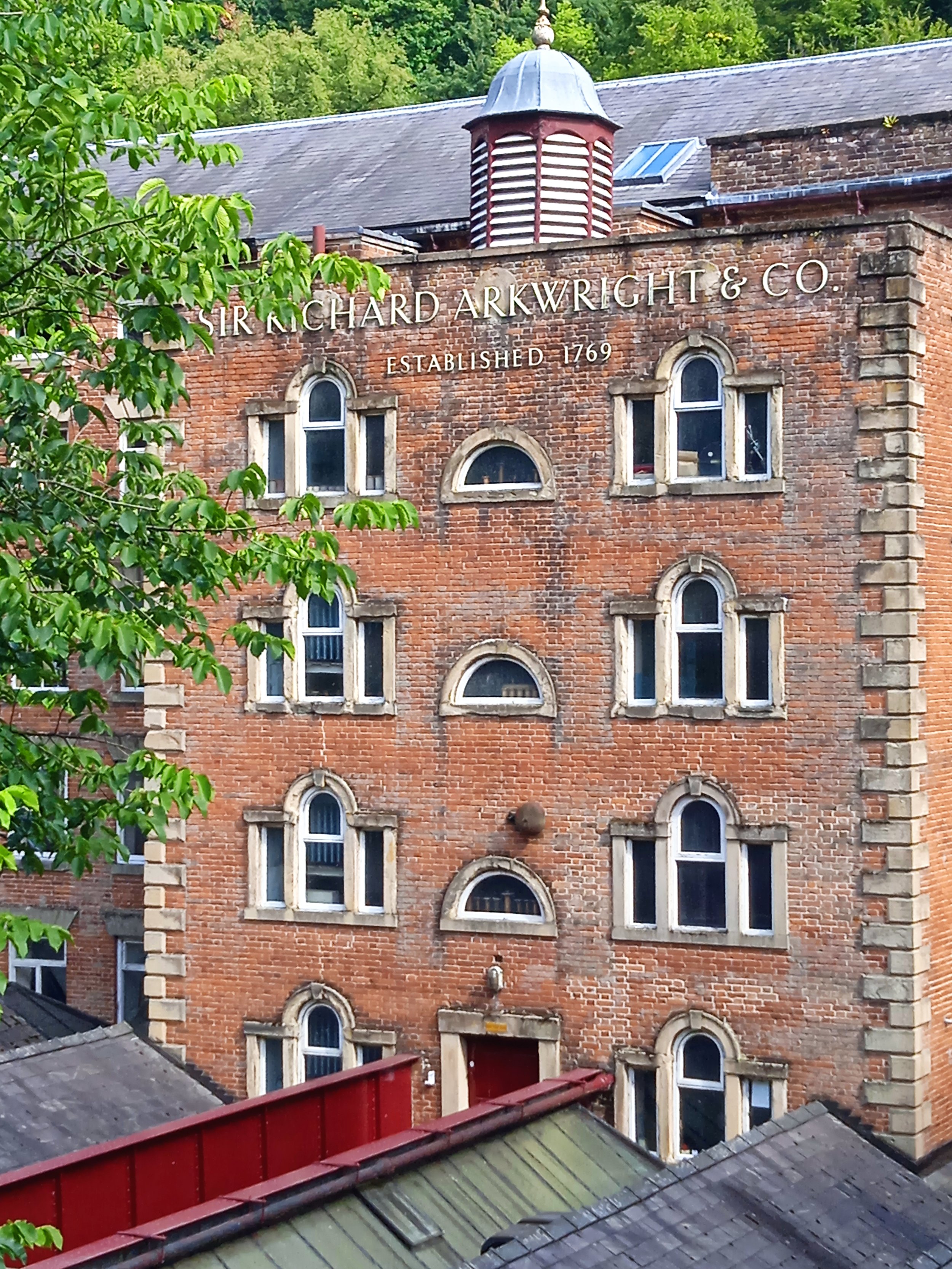
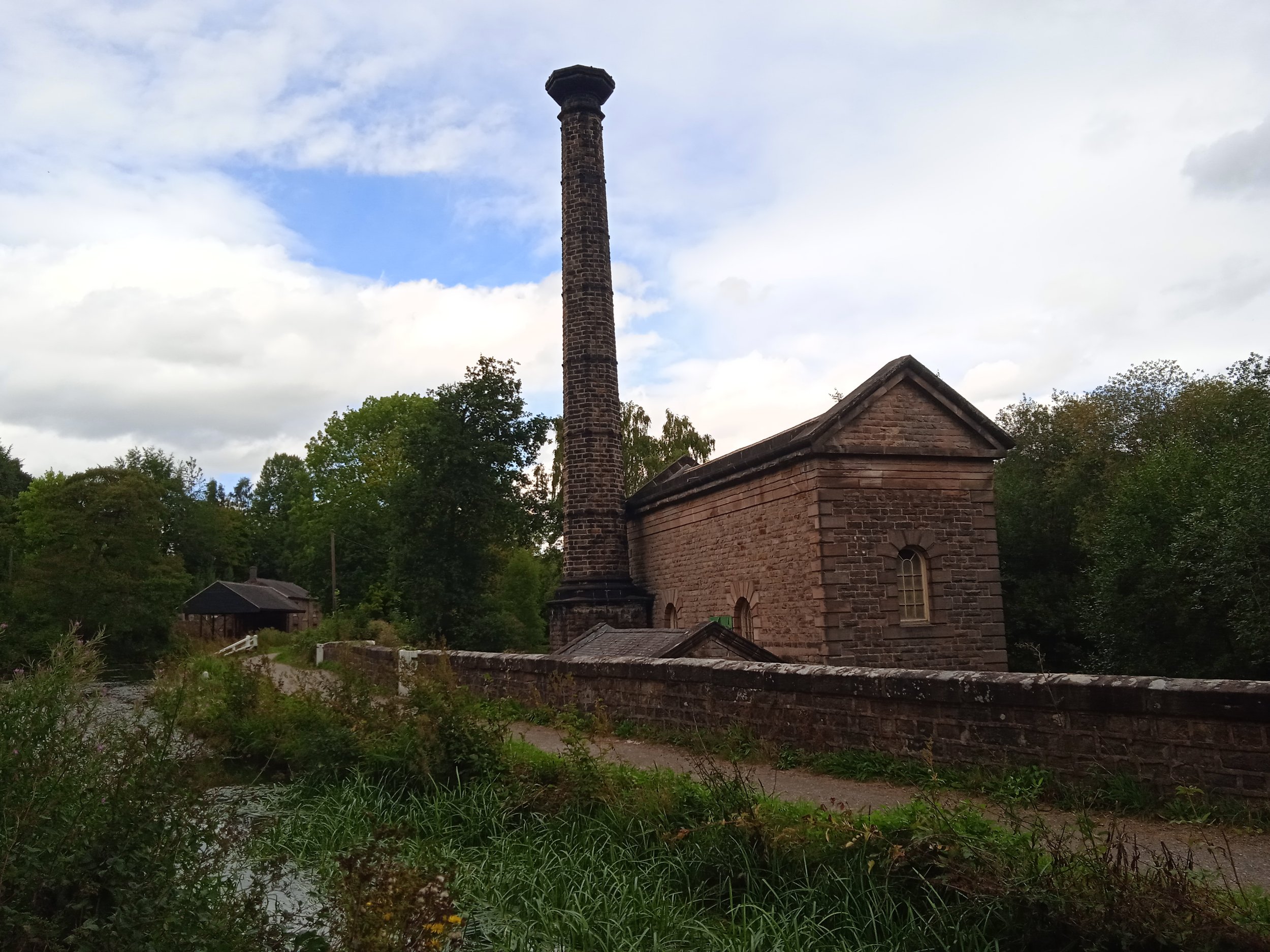
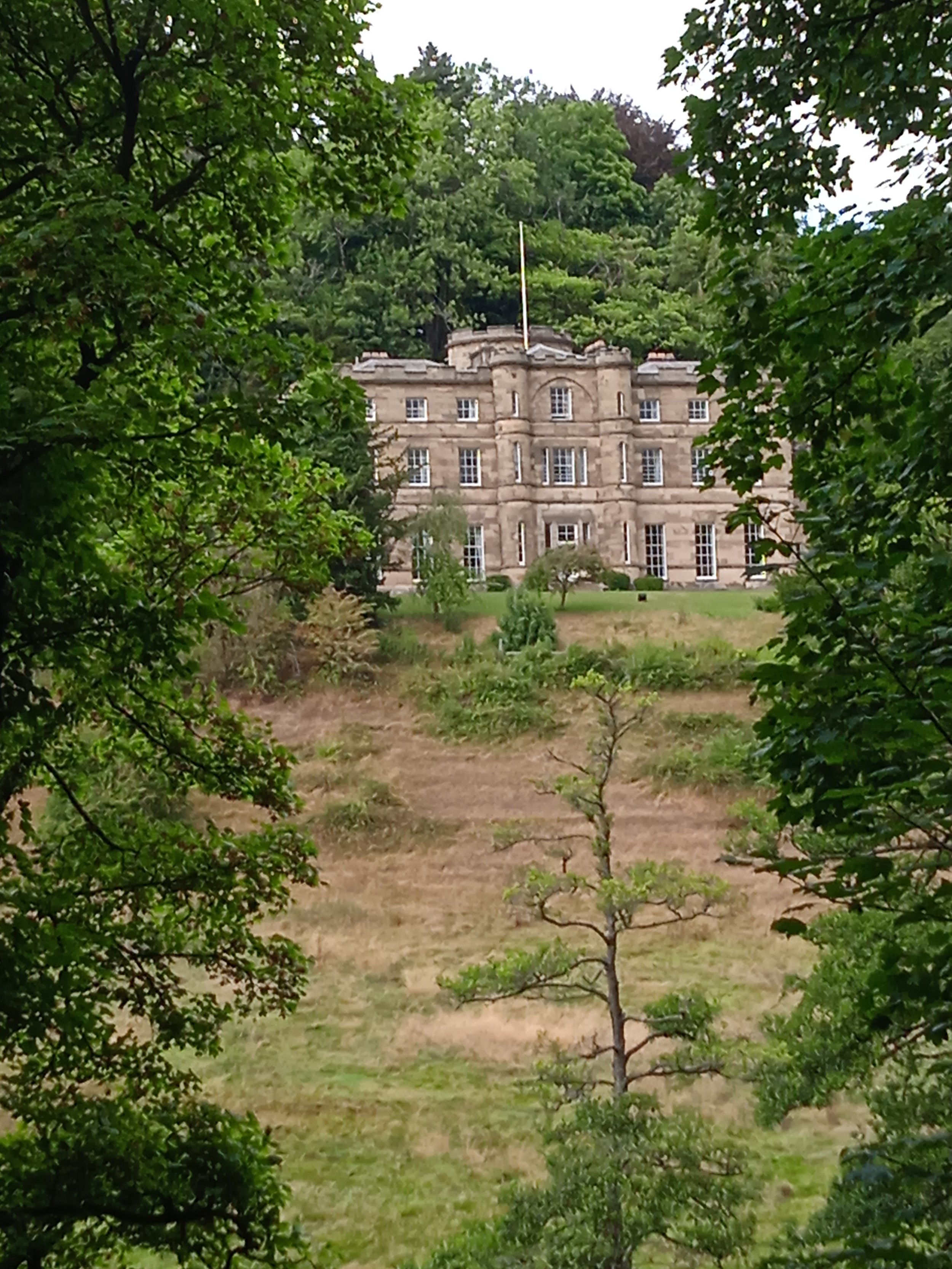
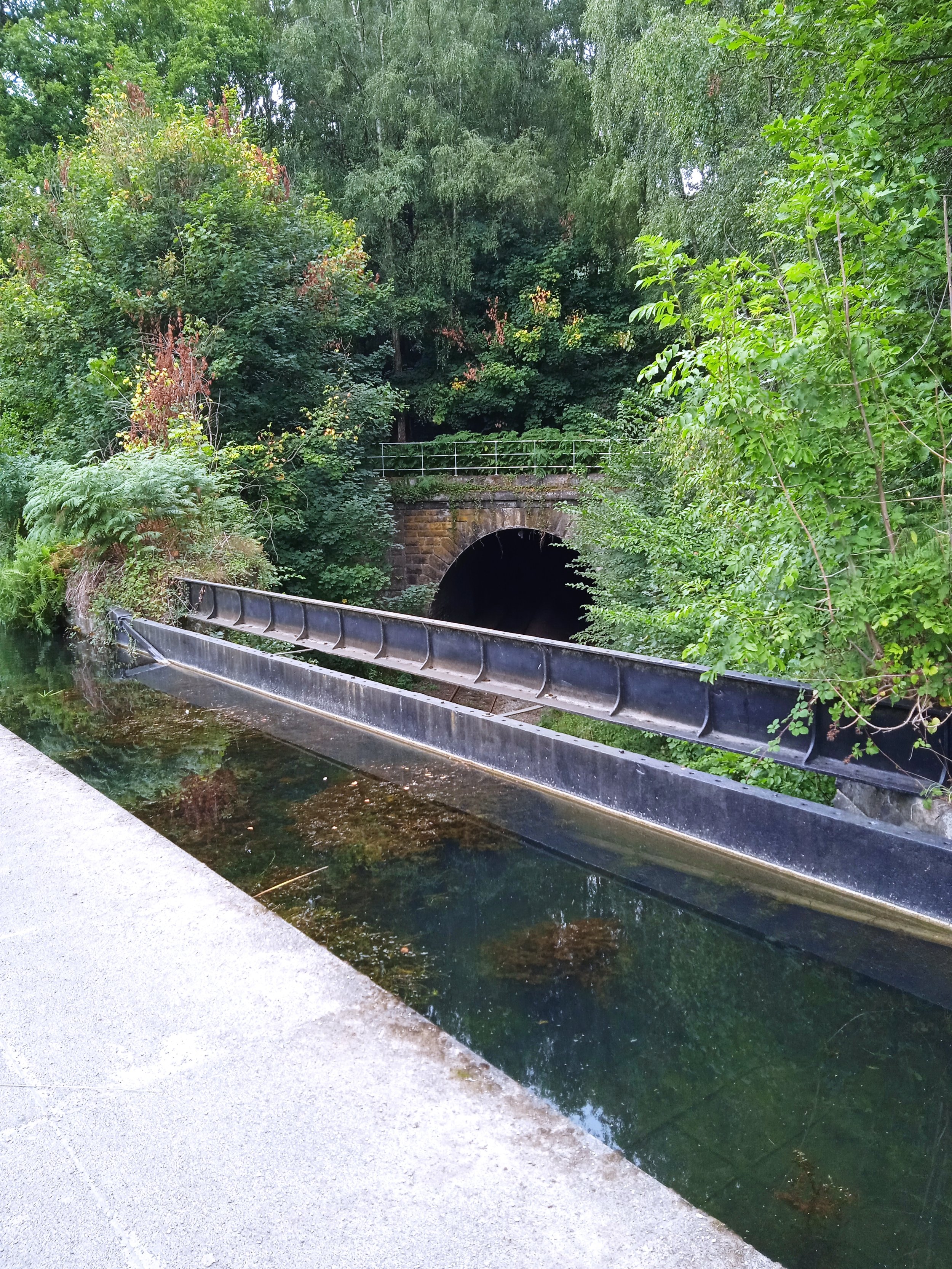
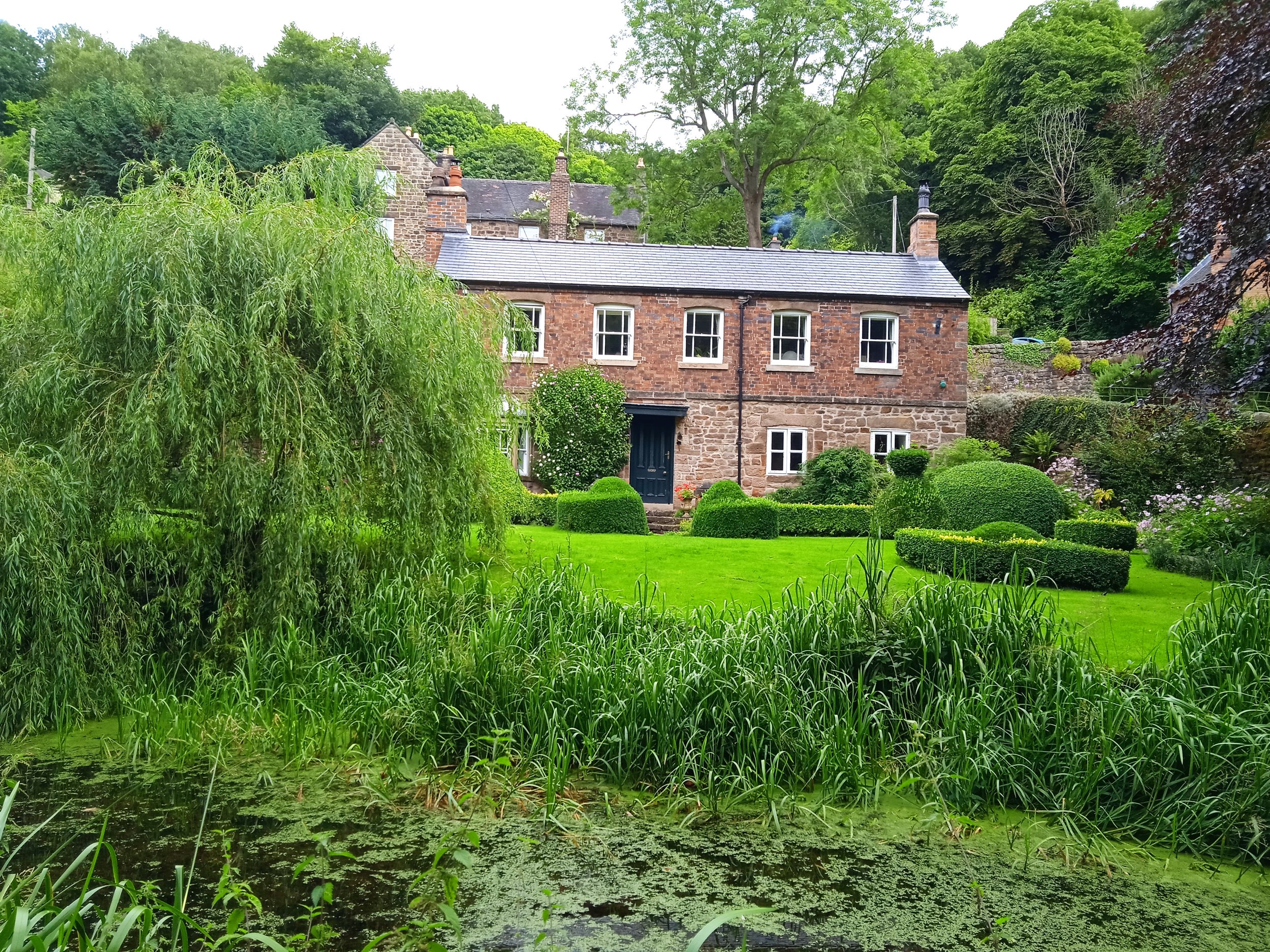

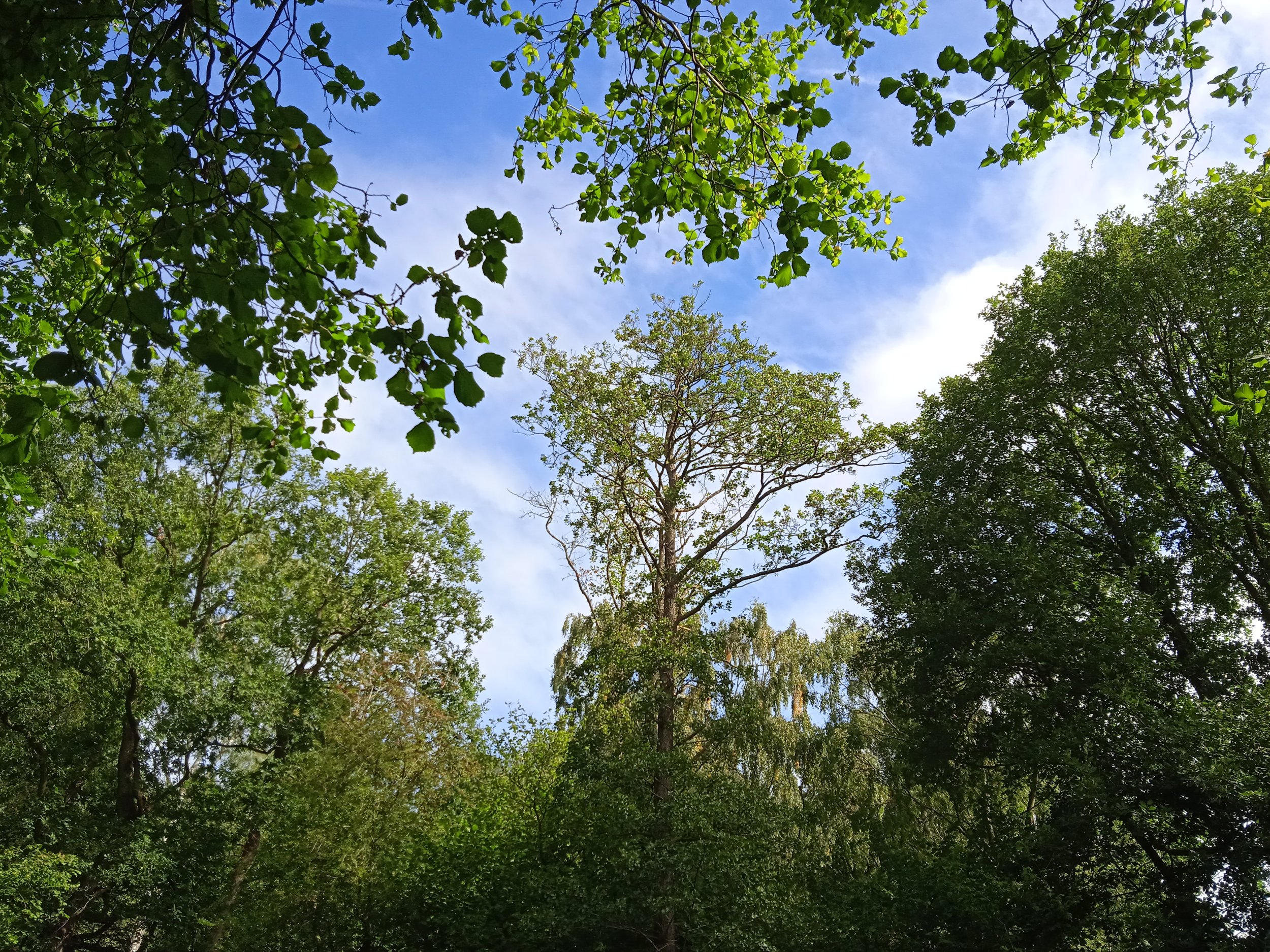
Our walk took us along the Cromford canal, the first to be built but it quickly fell into disuse once the railway was built. One of the photos shows the railway line going under the canal. It’s not very clear but you might be able to make it out.
The canal has become a haven for wildlife. As well as the usual swans and mallards we saw some moorhen chicks - first time I’ve seen them and they are the cutest little poppets - and a grebe and her chick, and I’ve never seen a grebe before! We’ve also heard plenty and seen one buzzard.
It’s been a really happy day. For much of the way we’ve been able to get up some speed, get into a rhythm and make good progress. I’m deeply grateful for my health and fitness so that I can do this, and walking through beautiful countryside feeling physically, mentally and spiritually at one and at peace is a wonderful place to be in!
What is it that drives the exploitation of women and girls and domestic abuse if it’s not inequality? If domestic abuse is about power and control which is fuelled by a sense of entitlement, that entitlement comes from inequality. Where does this inequality come from? Why is it been so tenacious?
I’ll offer some thoughts tomorrow.....
Day 2 - Tuesday Aug 23, 2022. 10m Derby city to Belper.
Another hot, sultry day that feels as though there’s no air, so it’s not been the best day for walking. Most of the walk has been fairly level which has made it less hard going than it might have been.
A complication arose when we found the path closed due to the bridge being unsafe. Desperately trying to figure out an alternative route without adding too many extra miles, a local noticed our discombobulation. She was walking her dog and was going in the direction we needed to go, so she took us through a nature reserve, then a housing estate and pointed us to where we could pick up the Heritage Way again.
We’ve often experienced kindness on our walks and are grateful to Jackie (who turned out to be a Geordie!) and Doug the utterly gorgeous white Retriever.
A 15 mile stretch of the Derwent around Derby is a World Heritage Sit. Derby owes its existence to the river Derwent. The river provided the power for the first mill, a corn mill, in the 1400s, then in the 1640s during the civil war, a gunpowder mill was built by the river. This was converted into a waterworks in 1692, providing the only fresh water to houses and businesses outside London.
In 1702 the first silk mill was built and silk became a key industry in Derby.
In the 1830s water power was replaced by coal-fired steam with the massive implications we’re feeling today, but it was the harnessing of water power along this river that started the Industrial Revolution which has affected the whole world.
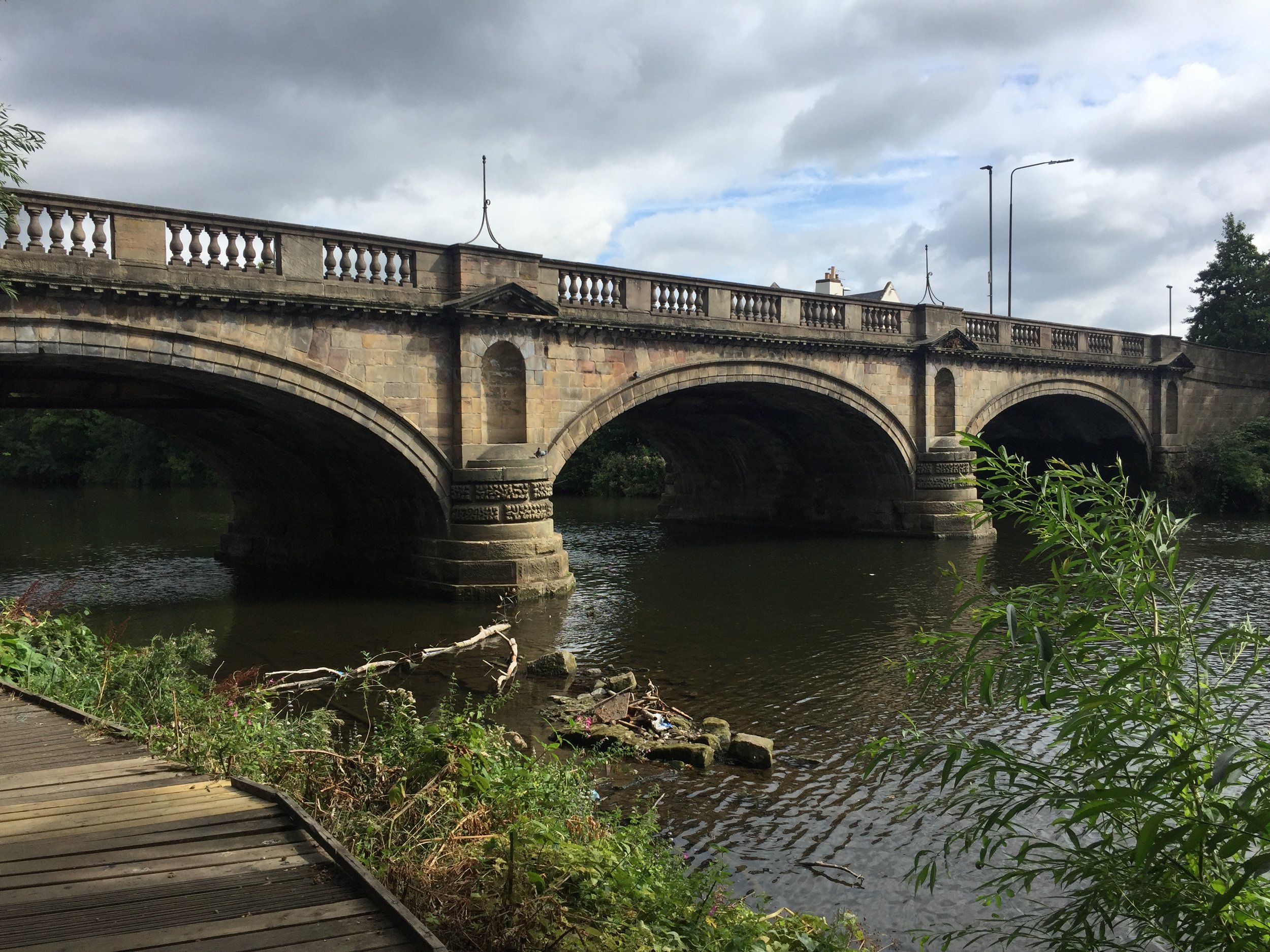
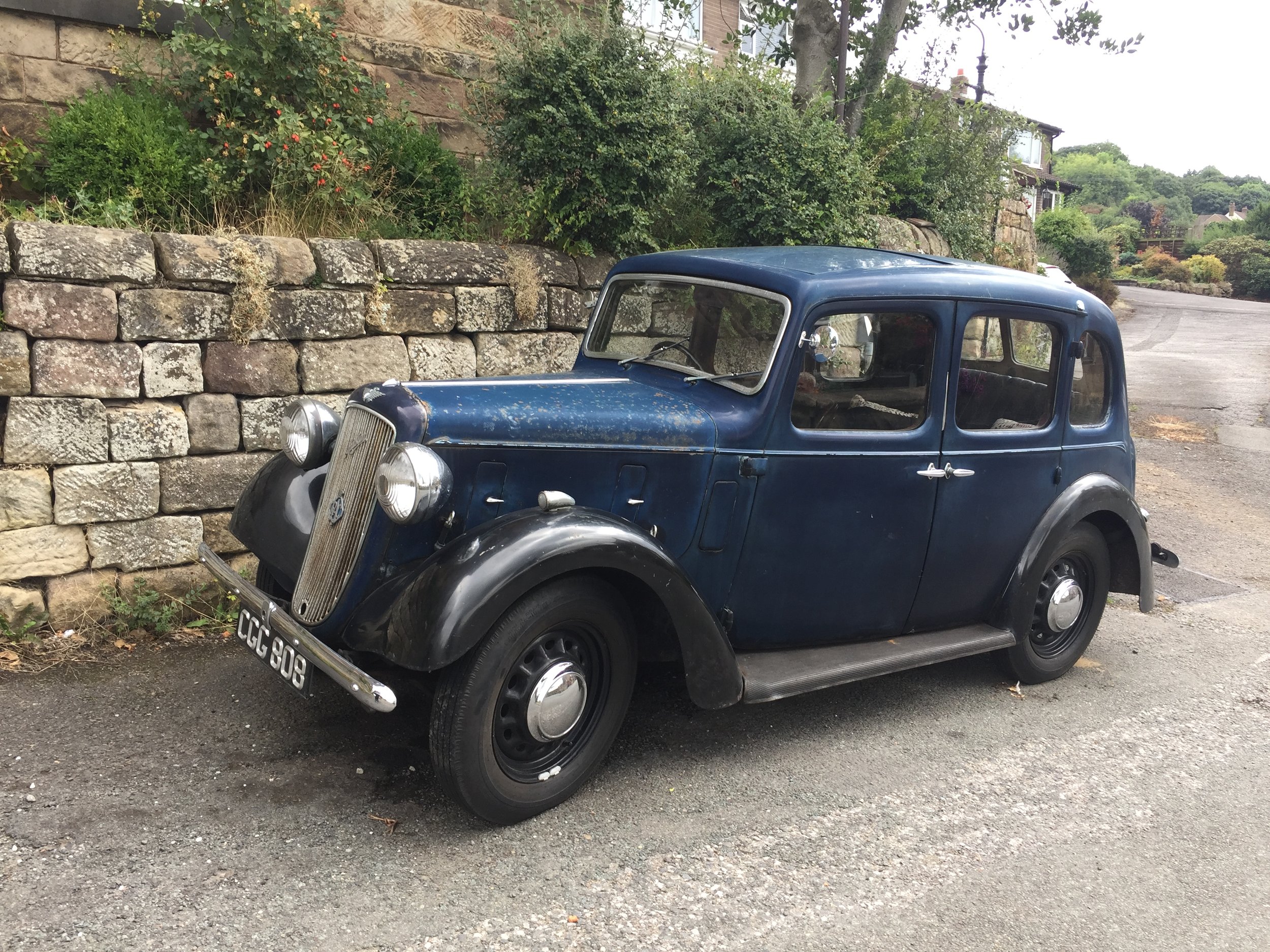
We are where we are today because of yesterday.
How is it that 1 in 4 women in this country experiences domestic abuse?
Domestic abuse is about power and control. It has its roots in entitlement.
We live in a society that thinks men and women are equal. After all, women can vote and own property and have a career, can’t they? So they’re equal, right?
Yet, we also have a society where women are objectified more than ever, thanks to social media; where on Reddit groups exist for the purpose of exploiting women; where a tech giant owns the world’s most popular porn site, the place of unspeakable abuse, trafficking and exploitation of women and girls, and the credit card you use is probably one that finances it!
How is this possible?
Drop by tomorrow for some thoughts on this......
Day 1 - Monday Aug 22, 2022. 11.2m Shardlow to Derby
Today has been a bit of a scramble.
We left my sister’s house later than we should have and I’ve tried to cram loads into the day.
Result?
A scramble to get everything done on time!
The walk has been fine. It’s been completely flat, so no challenge there.
Weather?
Sultry but dry until the last hour.
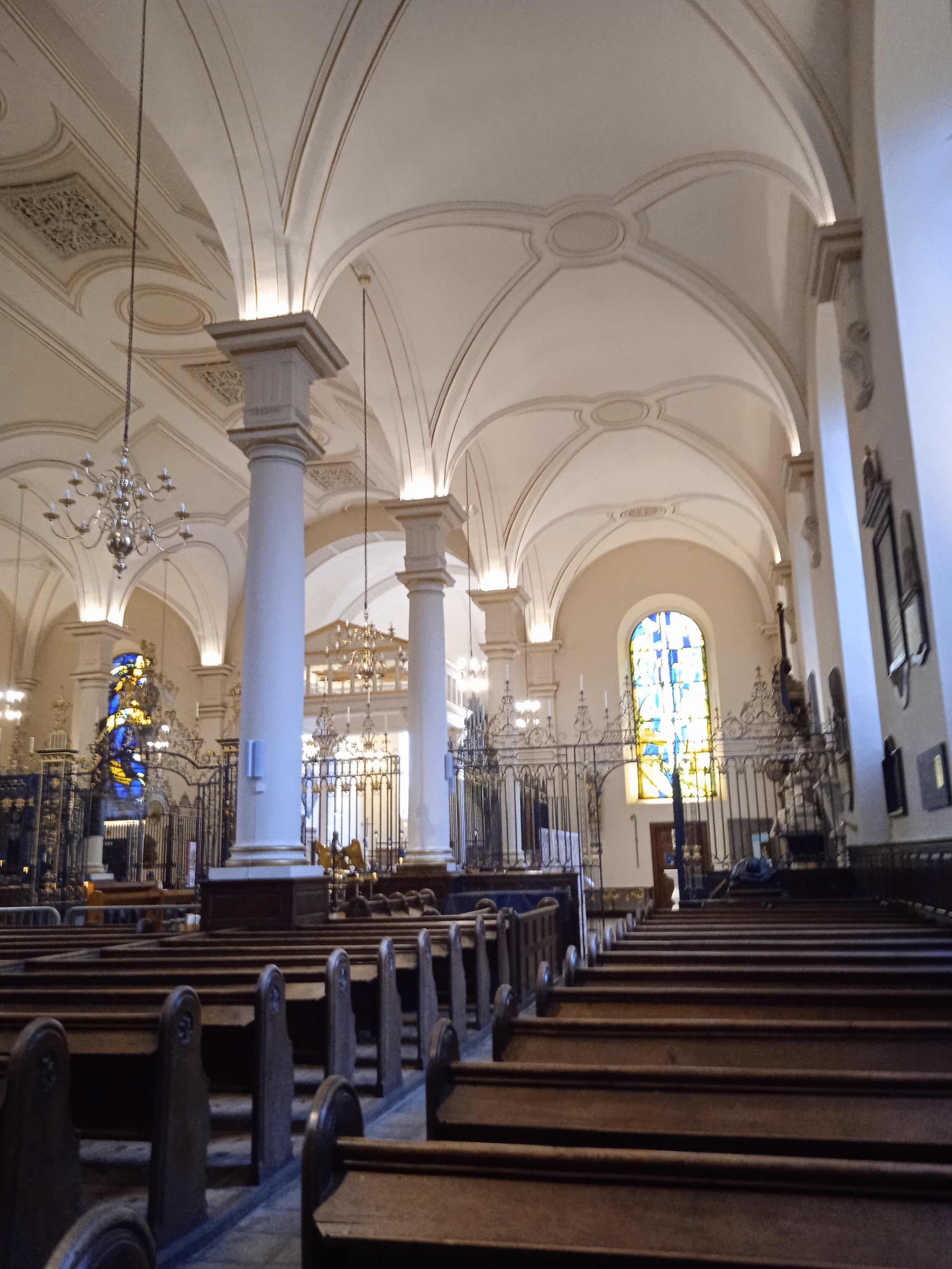
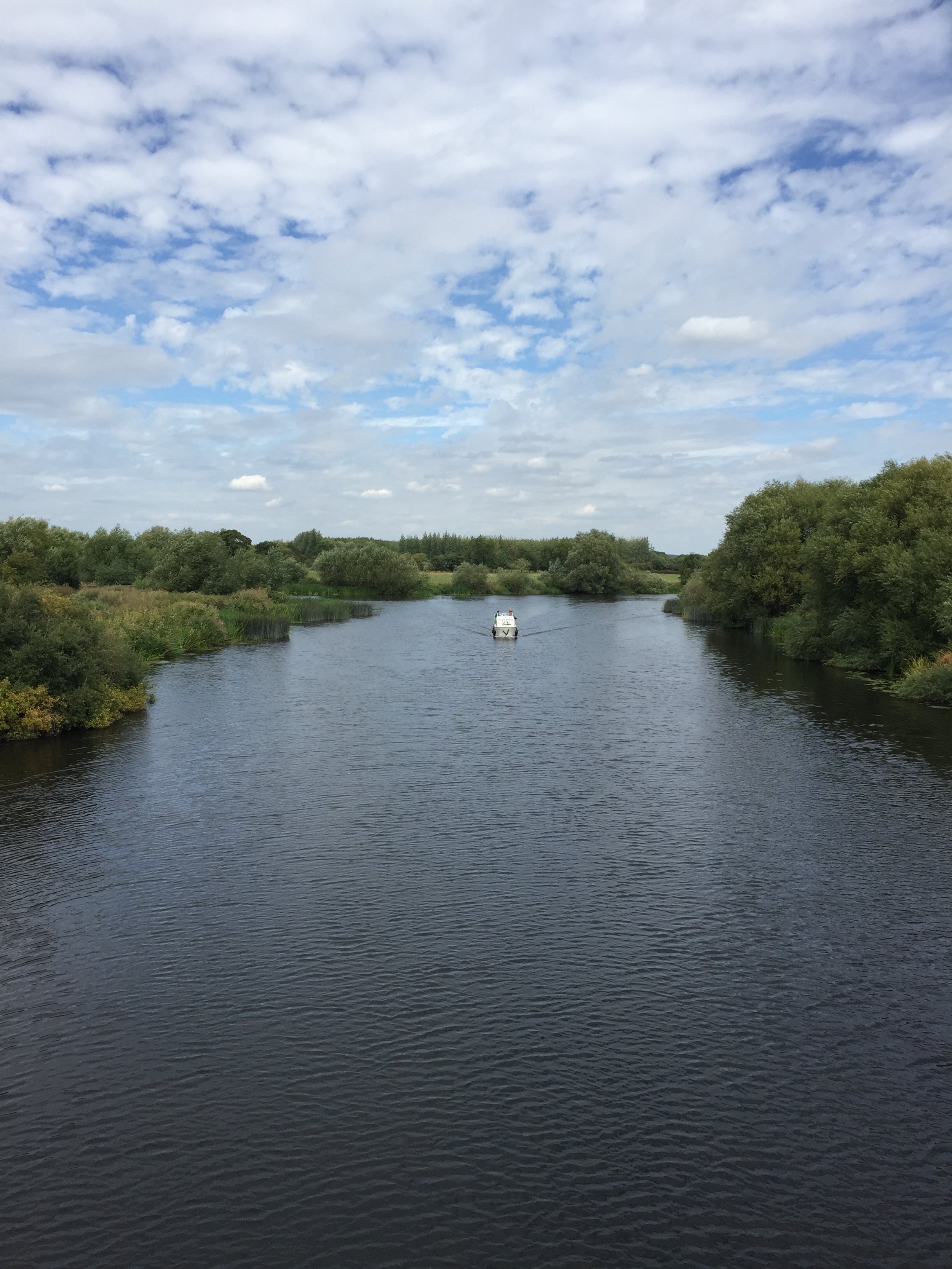
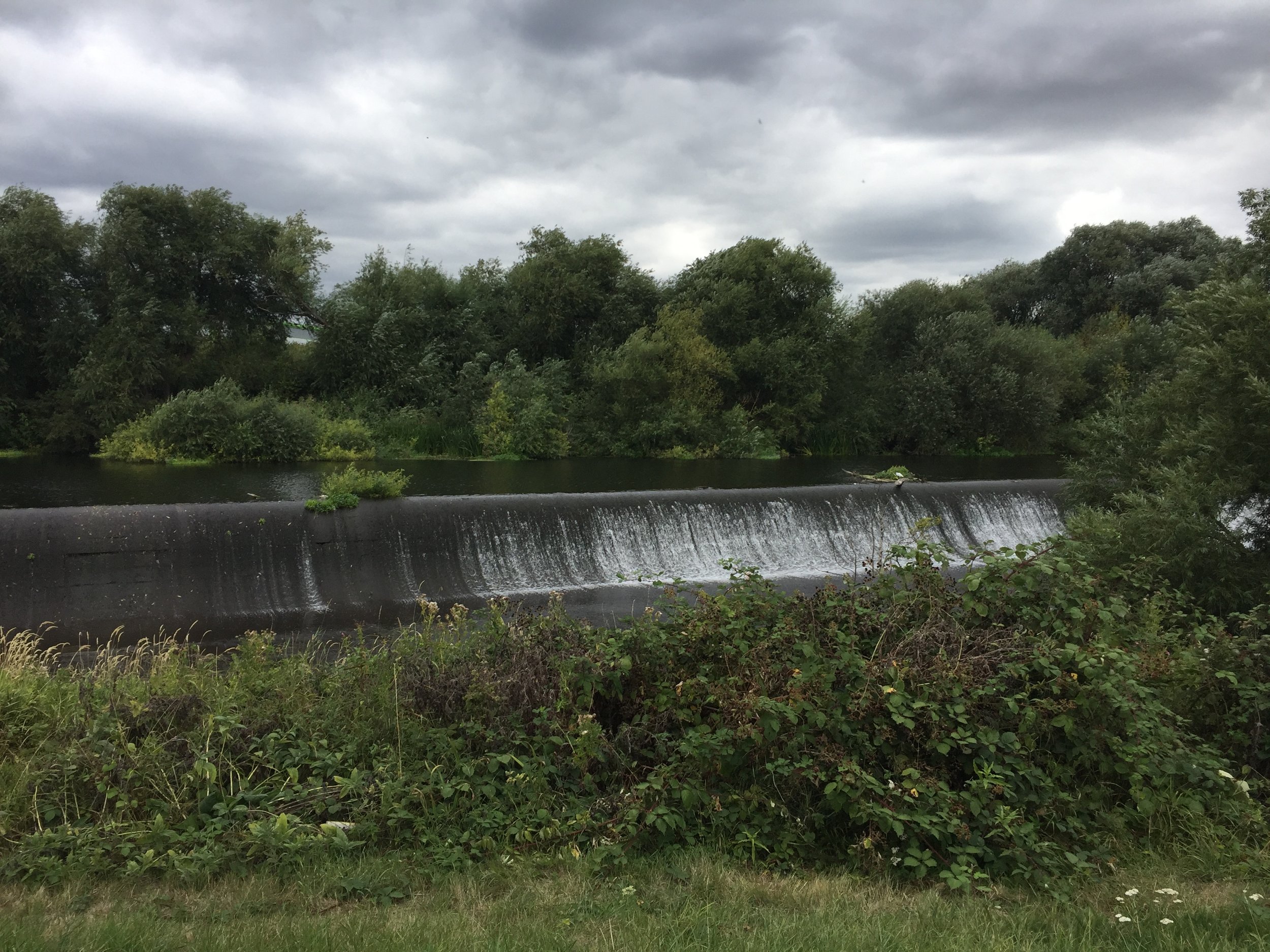
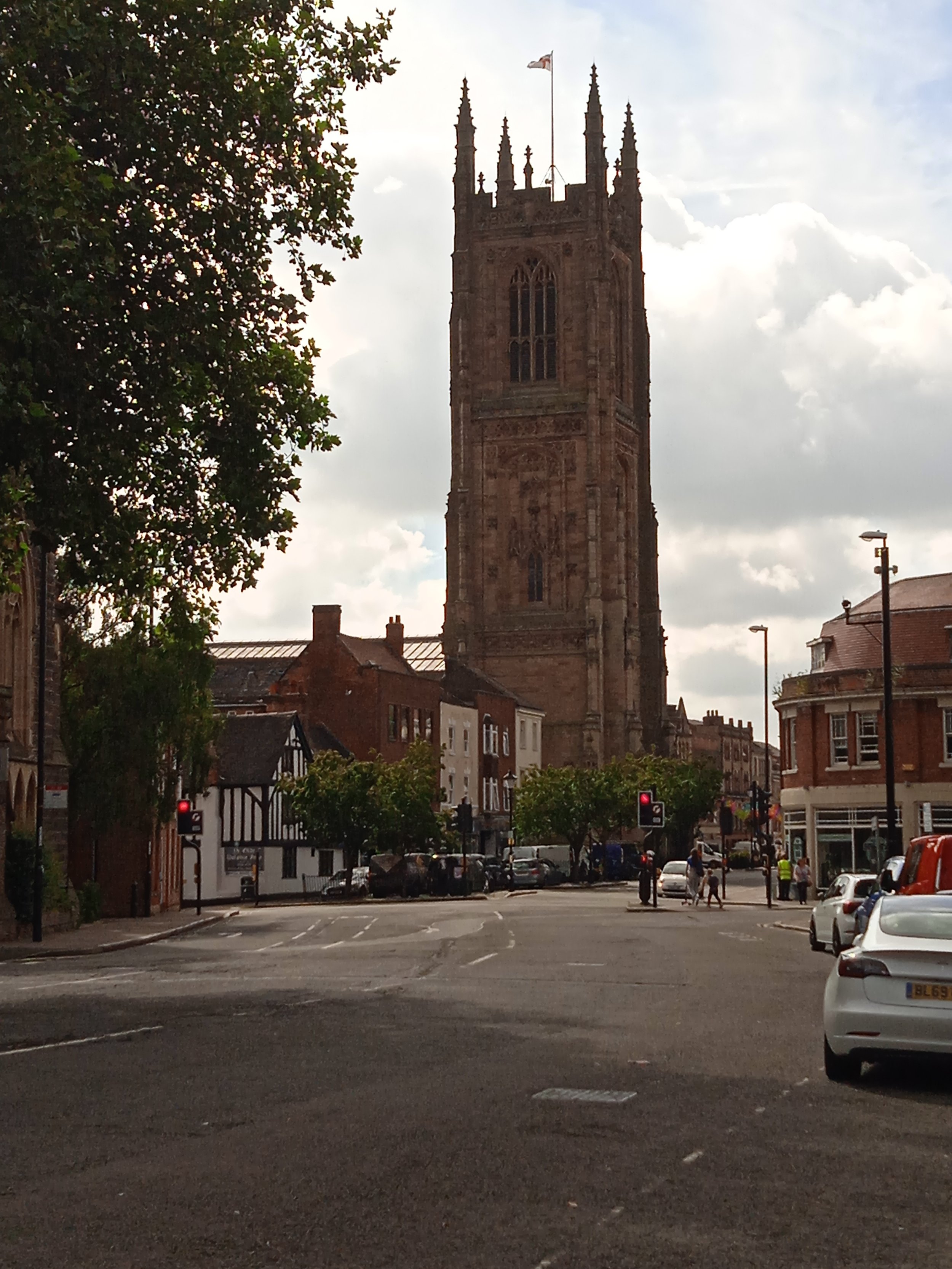
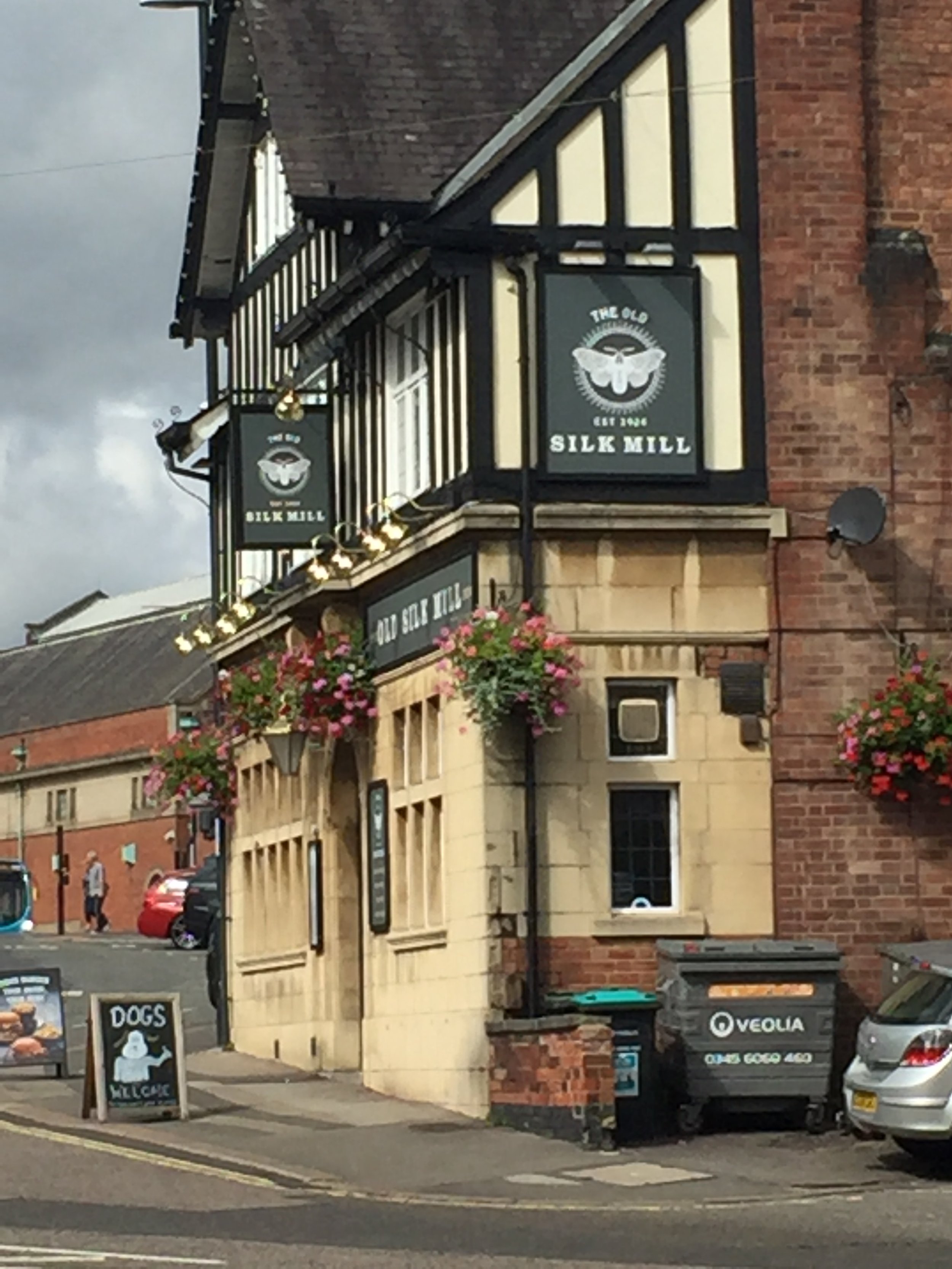
We arrived at the cathedral in time for a good sit down and then the evening service.
Following this I had the joy of a quick catch up with the Dean, Peter Robinson. I met Peter in 2019 at the first CADA conference. He spoke at it and was extremely encouraging to me following the conference. I’m deeply grateful for his input and time in his busy schedule.
As a final treat to the day, we had the pleasure of Daniel Txi’s company over a drink in the Old Silk Mill.
Daniel is a Cranmer friend, working on his PhD and due to be ordained next summer, so it was great to catch up and remember my Cranmer days. Ever grateful for Daniel’s faith and unstinting love, care and support!
This year I’m mulling over the idea of ‘heritage’ and what that has to do with the issue of domestic abuse. The reason for mulling over ‘heritage’ is because this walk is rich in heritage sites and I’ll probably comment on some of them along the way. But what’s our heritage regarding domestic abuse?
‘Heritage’ is what we have inherited and it usually refers to our material and cultural inheritance. There is a ‘cultural’ inheritance that impacts domestic abuse and I want to explore that. But before that, just to clarify, domestic abuse affects 1 in 4 women in this country. The same applies to women within Christian contexts. Women are disproportionately affected; so more women than men suffer and the suffering is worse among women. The North East has the highest occurrence nationally of domestic abuse.
Domestic abuse is not about beating up a woman; it’s not about him being drunk and losing control. It’s about one person having power and control over another person and using any means available to maintain that power and control. Future ‘mullings’ will not be as long as this so please pop back and keep up to date with these thoughts.


